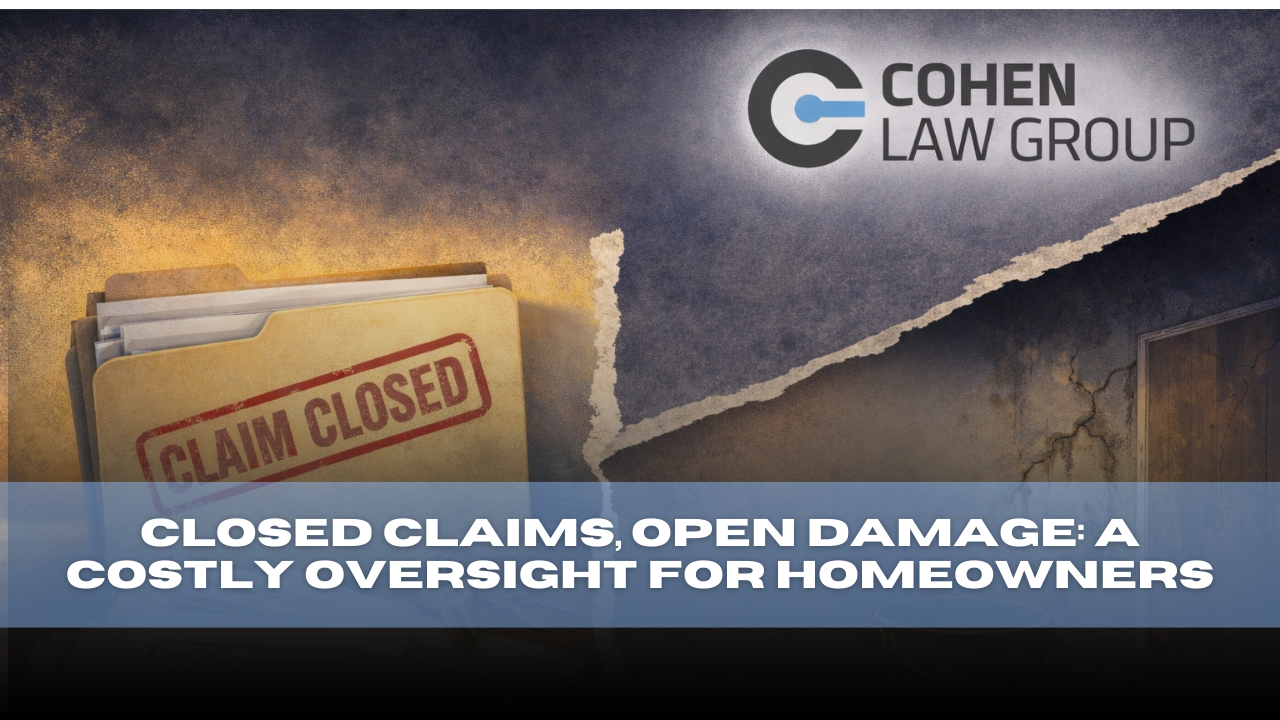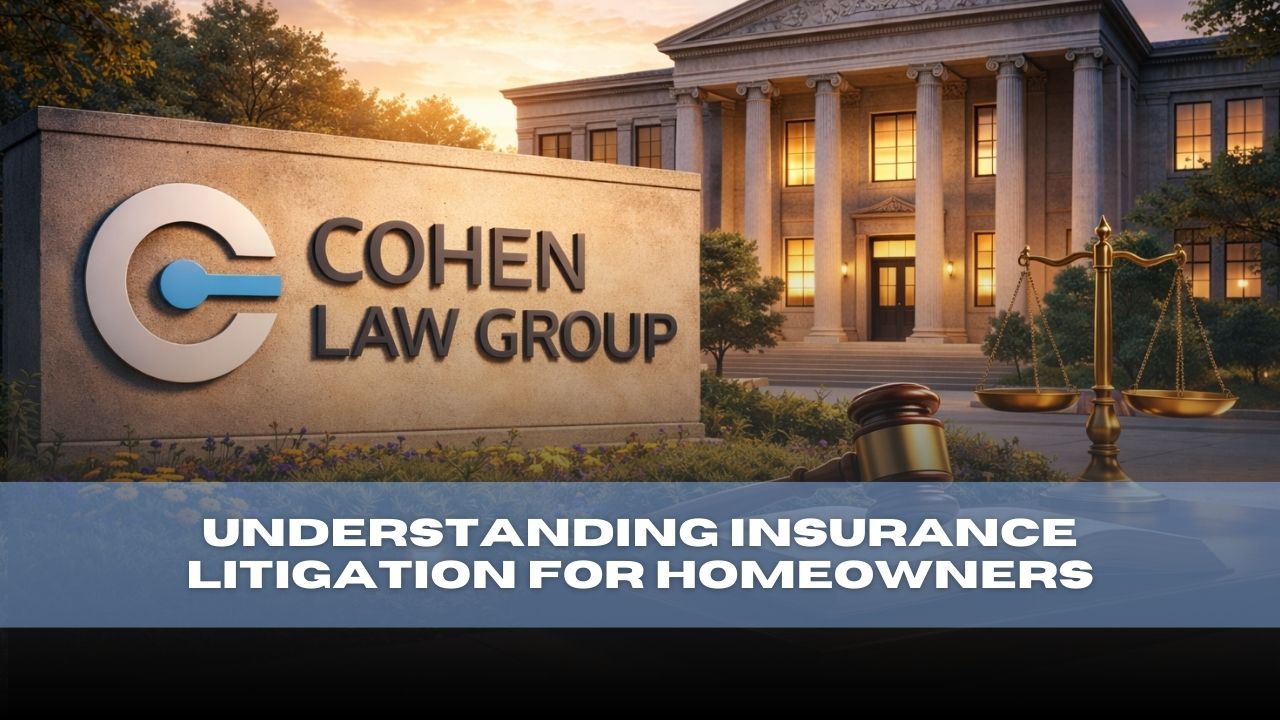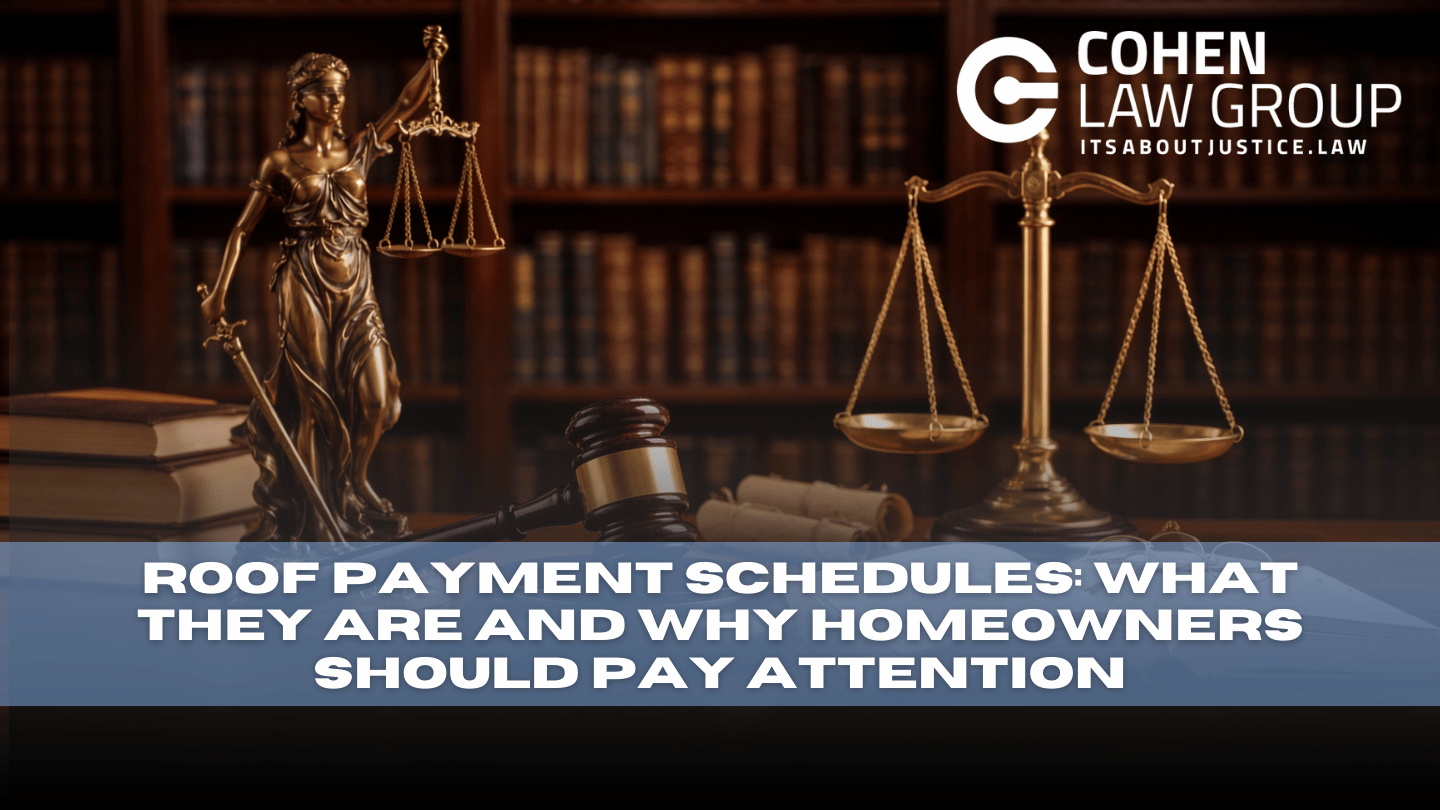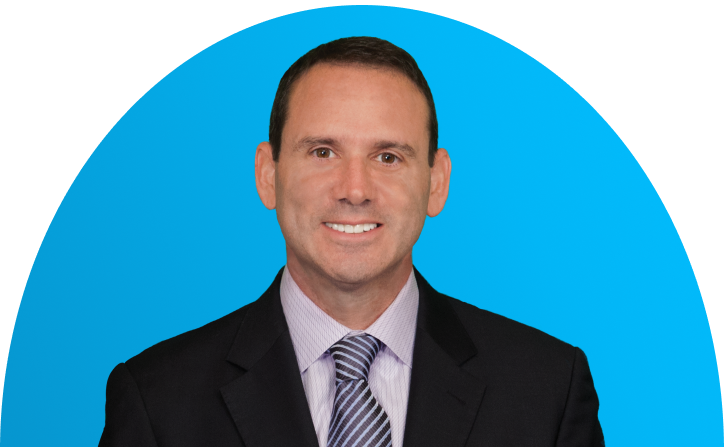Insurance Companies might choose not to renew your homeowner’s insurance policy for any number of reasons. The most common of these reasons is simply that your house and situation no longer fits their acceptable risk profile. This decision from the insurance company can cause significant inconvenience and in some cases hardship no matter when it happens, but it can be particularly harmful if the insurance company does so while you are pursuing an insurance claim.
Say for example a house sustains damage during a hurricane or storm. The homeowner then files an insurance claim. The insurance company decides to deny the claim, and the homeowner retains counsel and files a lawsuit to enforce the insurance contract. During the litigation, the insurance company sends a notice of non-renewal. While the claim is in litigation, it can be difficult to secure a normal insurance policy. So how can a homeowner in this situation protect themselves?
The answer is with something called a surplus lines insurance policy. These policies are designed to expand coverage to unusual situations in which consumers cannot obtain standard insurance. The two most important things to know about these policies are, first, that surplus lines policies are not guaranteed by the Florida Insurance Guaranty Association (FIGA). And second, many surplus lines policies have minimum earned premium requirements, meaning that a certain time period is paid even if the policy is cancelled. For example, a 12 months surplus lines policy might have a 3 month minimum, so even if the insured cancels the policy after 1 month, the insured must still pay for 3 months.
In Florida, the surplus lines insurance industry is regulated by the State of Florida. The Florida Surplus Lines Service Office, a self regulating, not-for-profit organization, oversees the industry and collects service fees and taxes.
If you find yourself in a situation where you might need surplus lines coverage, you should seek advice from a licensed surplus lines insurance provider, or an attorney. You should also read the policy carefully, because surplus lines policies operate differently from standard policies in some respects. Nevertheless, in many situations, such as the hypothetical homeowner non-renewed during litigation of their claim described above, surplus lines coverage can be a good way to secure protection and bridge the gap until the claim is resolved.
 Thomas Boyd, Esq.
Thomas Boyd, Esq.
DISCLAIMER: This website is for informational purposes only and does not provide legal advice. Please do not act or refrain from acting based on anything you read on this site. Using this site or communicating with Cohen Law Group through this site does not form an attorney/client relationship. This site is legal advertising. Please review the full disclaimer for more information by clicking here.








